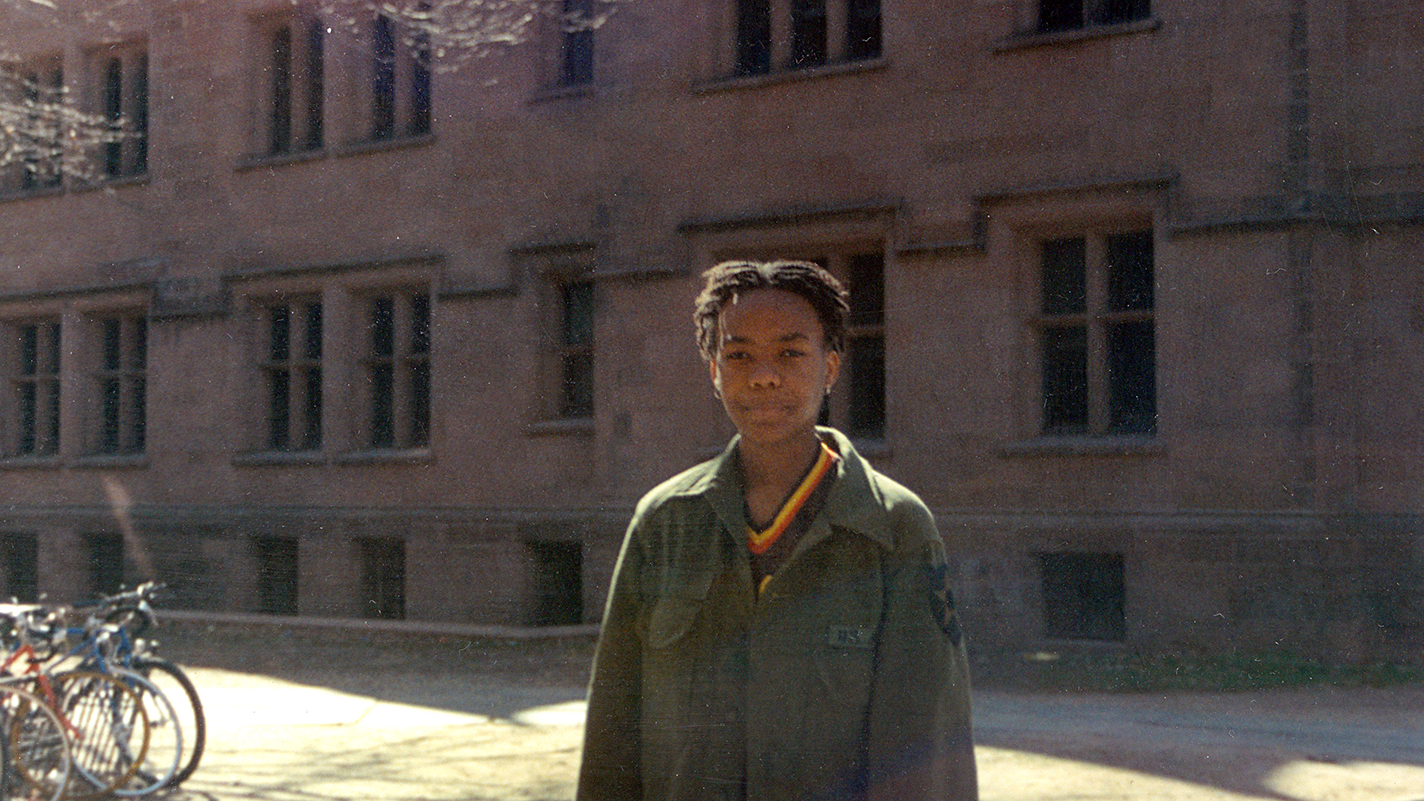
Black Table
The Common Sense Case For Affirmative Action
By Alan French
Political rhetoric often clashes with real-world policies. Despite decades of Affirmative Action working and helping to lift marginalized voices, its dismantling was a decades-long project. Black Table, a documentary premiering at the Tribeca Film Festival, highlights real-world success stories for Yale’s class of 1997. With alums of the university showing up to support these programs, directors Bill Mack and John Antonio James showcase how diverse classrooms lift all students to achieve more success in life.
For the class of 1997, Yale admitted the most people of color than any previous admittance class in history. Told through the lens of the black and African-American students who attended the university, the struggles to prove themselves did not end with an acceptance letter. Stories of racial discrimination, attempts to tear down their accomplishments, and questions of self-identity remained. However, in the following decades, the class continues to change the world in small and big ways.
Drawing its name from the concept of a “Black Table” where only people of color sat, the metaphor quickly became a reality. At no point did the students exclude students of white or any other background. However, it did provide a location for the black students to find community in a white-dominated school system. For many students, this allowed them to see more friends and partners for the years to follow. In some cases, these relationships helped spur on their future careers.
Those highlighted in Black Table in the class have excelled at the highest level of their fields. Wesley Morris has won multiple Pulitzer Prizes as a film and culture critic. Imani Perry won the National Book Award for Non-Fiction (for South to America). Excellence begets excellence, and the students have gone on to shape the world in technology access, music, and education. Hearing their stories highlights the struggles they’ve gone through in the years before and after attending Yale. While learning from an Ivy League institution provides clear benefits, it’s ultimately four years of a lifelong story.
Perhaps worst of all, the discourse has shaped some of their stories to say they never belonged at Yale. This destructive discourse ignores the many ways in which whiteness is inherently privileged in the world. Black Tables provides the context for Affirmative Action’s initial implementation, providing some context to the policies. However, highlighting cultural events from the 1990s, such as the O.J. Simpson verdict and the Rodney King video, highlights the importance of finding a close-knit community that might have been othered without these policies.
Utilizing talking heads and interviews with the students helps paint a cohesive picture of the Yale experience in this era. Following Sheldon Gilbert brings us into many of the more intimate conversations and the global impact at stake. He has the most outwardly emotional narrative in the documentary. Most surprisingly, the cultural commentary from Morris and Perry shifts between sharp, insightful dialogue and some laugh-out-loud jokes.
Black Table could be very dry, but the various commentators keep the discussion light and elegant. Serious topics are centered (a moment with an overly comfortable police officer stands out). Instead, Black Table knows that the whole human experience is not only happiness or sadness. It’s a continuously shifting experience that can lead to joy more often than we’d like to believe.
Black Table excels because it functions as a common-sense explainer for why Affirmative Action works. Providing a level playing field for students helps to highlight the critical skills and experiences we bring into the classroom. Allowing some stories about black excellence in an Ivy League setting to come to light only further points to why these programs help. It does not mean every person in Black Table got in because of these programs. Instead, it tells us what getting a seat at the table can do for those who have not benefited from privilege their entire life.
READ ARTICLE ON sunshinestatecineplex.COM
BLACK TABLE (Tribeca 2024)
A vital lesson in excellence By Liz Whittemore Yale’s Class of 97′ boasted the largest admission
The 9 Best Movies…
from the 2024 Tribeca Festival By Matthew Huff Every spring the film world converges upon Lower Manh
Tribeca Festival 2024 Review
By Dwight Casimere Black Table – Documentary explores effects of Affirmation Action on Yale Univer




